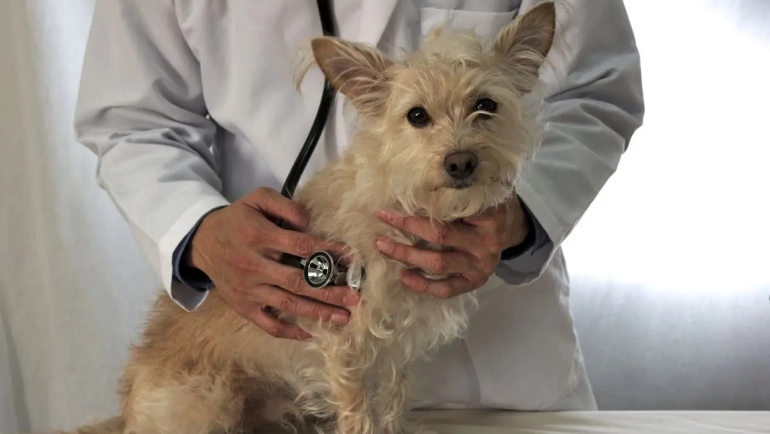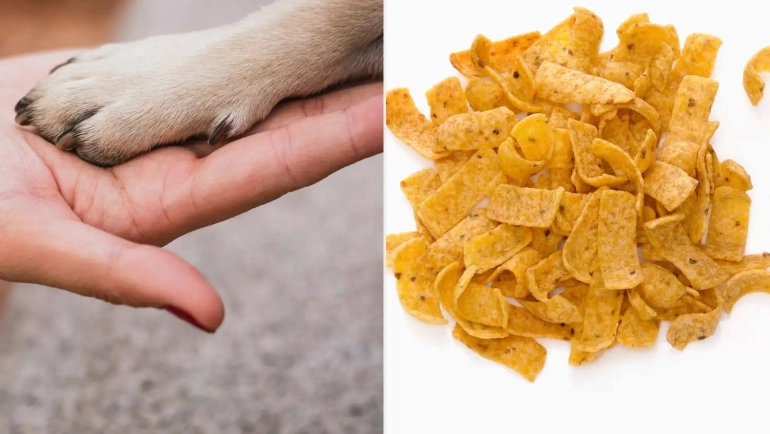142Views

Dogs Pooping Mucus: Causes and Solutions
Dog owners often pay close attention to their furry friends’ behavior, and one aspect that can cause concern is the presence of mucus in their poop.
While it may be unsettling to discover mucus in your dog’s stool, it’s essential to understand the potential causes and how to address this issue for your pet’s well-being.
In this article, we will discuss the most important causes of mucus in dogs pooping, along with the diagnosis and the most important treatments recommended by the veterinarian
Normal vs. Abnormal Stool
Before diving into the causes of mucus in dog poop, it’s crucial to differentiate between normal and abnormal stool.
Healthy dog stool should be well-formed, brown, and relatively odorless. Any deviation from this may indicate an underlying issue.
Read More: Home Remedies For Dog Diarrhea
Common Causes of Mucus in Dog Poop
Dietary Factors:
A sudden change in diet can lead to gastrointestinal upset, resulting in mucus in the stool. Introduce new foods gradually to allow your dog’s digestive system to adjust.
Infections:
Bacterial, viral, or parasitic infections can cause inflammation in the gastrointestinal tract, leading to increased mucus production. Regular veterinary check-ups and preventive measures can help manage these risks.
Inflammatory Bowel Disease (IBD):
IBD is a chronic condition where the immune system attacks the gastrointestinal tract. Mucus in stool is a common symptom. Consult your veterinarian for proper diagnosis and management.
When to Consult a Veterinarian:
While occasional mucus in dog poop may not be cause for immediate concern, persistent or severe cases warrant a visit to the vet. Additional symptoms such as diarrhea, lethargy, or changes in appetite may indicate a more serious issue.
Diagnostic Tests:
Your veterinarian may recommend diagnostic tests such as fecal examinations, blood tests, or imaging to identify the underlying cause of the mucus in your dog’s stool. Timely diagnosis is crucial for effective treatment.
Treatment and Management:
Treatment varies depending on the underlying cause. It may involve dietary changes, medication, or in some cases, surgery. Your veterinarian will tailor the treatment plan to address your dog’s specific needs.
Read More: Why Is Your Dog Pooping Mucus And Blood?
Preventive Measures:

To maintain your dog’s digestive health, consider the following preventive measures:
- Feed a balanced and high-quality diet.
- Avoid sudden changes in food.
- Provide access to clean water.
- Regular exercise supports overall well-being.
Conclusion:
Mucus in a dog’s poop can be a sign of various underlying issues, but with proper attention, veterinary care, and preventive measures, it is often manageable.
By staying informed and observant, you can ensure your dog’s digestive health and overall happiness. If you notice any unusual signs, consult your veterinarian promptly for appropriate guidance and care.
Related Articles:


